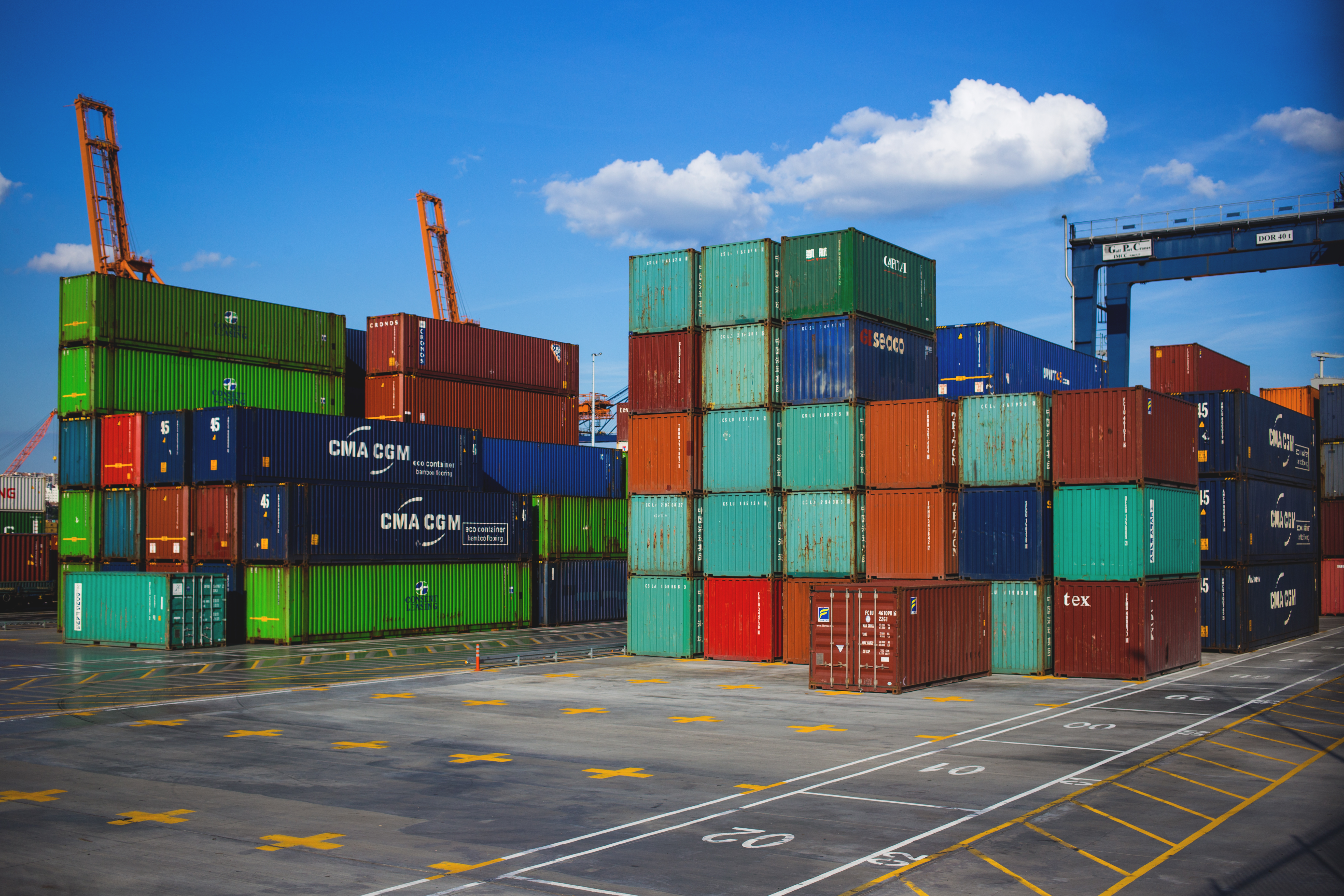Automated solutions enhance your shipping experience, but they can’t replace a reliable freight forwarder.
As with many industries, shipping has been transformed by automation. With the rise of online platforms such as iContainers, companies can discover rates, identify an appropriate vendor, and book their shipments in minutes, greatly streamlining their shipping processes.
As convenient as these services are for shippers, they could, theoretically, pose a significant risk to freight forwarders, who companies have historically relied upon for logistical support. However, as the international and domestic shipping landscape becomes more and more complex, these technologies are not yet advanced enough to drive real value — at least not on their own. Here’s why even the most digitized transportation processes still require a human touch.
Limited Service
While automated platforms can greatly simplify shipping, most of these digital solutions aren’t designed to handle more complex orders. They can efficiently arrange a shipment of bulk goods such as coal or grain, for example, but they can’t schedule shipments for goods with stricter handling requirements such as flammable gases or fuels. They also can’t navigate customs or charter ground transportation to the shipment’s destination, leaving the clients responsible for them.
Because of their limitations, these automated services leave some of the most pressing logistical challenges unsolved. While major corporations may be able to handle many of these processes themselves, smaller operations may not have the necessary resources, internal expertise, or bandwidth to maintain a solid ROI. By partnering with an experienced shipping and logistics specialist, these companies gain the ability to bolster supply chain efficiency, visibility, and profitability.
An Opportunity for Collaboration
Since automated shipping and logistics platforms can’t handle certain administrative tasks, logistics partners can work with these services to shore up their operations. While automation can supply chain efficiency, it can’t process orders with more exacting requirements or adapt to sudden difficulties such as equipment failures or natural disasters. In these scenarios, an experienced shipping specialist can quickly assess the situation and identify alternatives that generate greater value while ensuring timely delivery. In turn, automated software can process orders within seconds and quickly connect freight forwarders with other third-party logistics (3PL) providers, ensuring that everyone has the information they need to keep the cargo moving.
In short, shippers should work with experienced logistics partners that offer the best of both worlds. In an increasingly digitized marketplace, an ideal logistics provider uses the most advanced shipping technologies to maximize operations and search for opportunities to better address the shipper’s unique needs. These partners complement automation with personalized customer service, offering shippers an experienced hand whenever it’s needed.
The Best of Both Worlds
At Primary Freight, we’re utilize the most advanced technology to drive value and improve our customer service — not replace it altogether. Our team is committed to understanding your company’s unique culture, values, and business objectives, which enables us to devise bespoke solutions that align with your budget and exceed your expectations.
If you’re interested in learning more about Primary Freight’s custom tech solutions and unique approach to shipping and logistics, give us a call today at (800)-635-0013.
